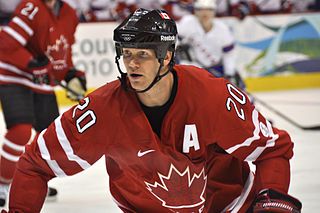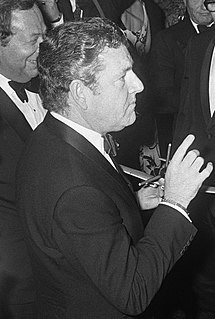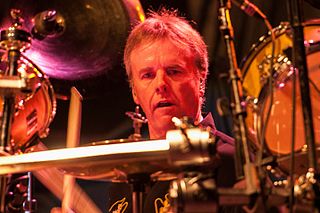A Quote by David Thewlis
Most parts I've played since 'Naked,' I can barely remember who they were, let alone repeat any lines.
Related Quotes
Growing up, I ate, slept and breathed hockey. I got home from school, I shot pucks, played outdoor hockey, road hockey, go home for dinner... Remember this is pre-Internet, barely any video games, I had a Commodore Vic-20. If you weren't doing your homework, you were outside playing hockey, most likely.
What I like about music is the songs you can remember the lines of in a single second. The Beatles, The Rolling Stones... You can remember every line to their songs. But today, how often do you remember any of the lines to songs? I mean, I know that one of the Lily Allen's last albums is called It's Not Me, It's You. But I don't know how the songs go.
The most ancient parts of truth . . . also once were plastic. They also were called true for human reasons. They also mediated between still earlier truths and what in those days were novel observations. Purely objective truth, truth in whose establishment the function of giving human satisfaction in marrying previous parts of experience with newer parts played no role whatsoever, is nowhere to be found. The reasons why we call things true is the reason why they are true, for to be true means only to perform this marriage-function.
Those of us raised in modern cities tend to notice horizontal and vertical lines more quickly than lines at other orientations. In contrast, people raised in nomadic tribes do a better job noticing lines skewed at intermediate angles, since Mother Nature tends to work with a wider array of lines than most architects.
Each religion is a brave guess at the authorship of Hamlet. Yet, as far as the play goes, does it make any difference whether Shakespeare or Bacon wrote it? Would it make any difference to the actors if their parts happened out of nothingness, if they found themselves acting on the stage because of some gross and unpardonable accident? Would it make any difference if the playwright gave them the lines or whether they composed them themselves, so long as the lines were properly spoken? Would it make any difference to the characters if 'A Midsummer Night's Dream' was really a dream?
At least since the Industrial Revolution, the world of design has been dominated by the rigors of manufacturing and mass production. Assembly lines have dictated a world made of parts, framing the imagination of designers and architects who have been trained to think about their objects as assemblies of discrete parts with distinct functions.




































